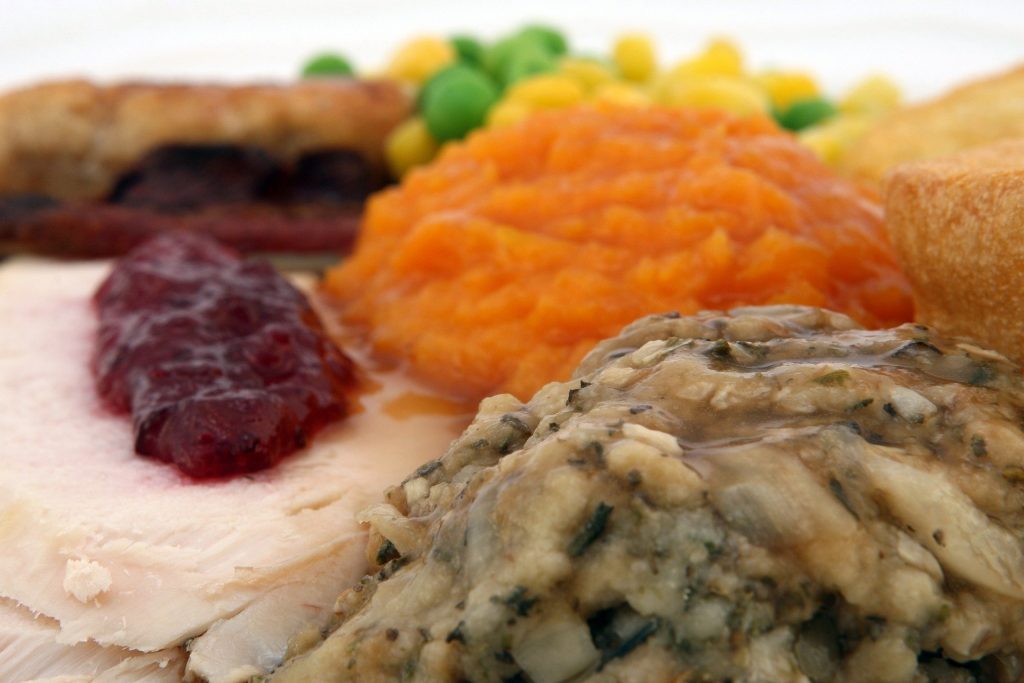By Mary Pletsch 17 Apr 2020 no comment 1125 Views
We are lucky to live in a society where many of us have easy access to food. But just as we suffer health complications when we don’t get enough nutritious food to eat, so too do we suffer complications when we eat too much on a regular basis. Even nutritious food has side effects when we habitually consume more than our bodies can use.
Do you ever fall into these three overeating traps?
Feeling forced to “clean your plate”
Many of us were told as children to “clean our plates.” In adult life, this habit can develop into an overeating trap. Plates often contain more food than we need or even want, but we feel forced to eat it all anyway.
Not cleaning your plate doesn’t have to be wasteful. Save uneaten food for the next day. Enjoy the food when you’re hungry and need it, rather than forcing yourself to eat it all at once.
Defeat this trap at home by serving smaller portions on smaller plates to start with. Psychologically, you’ll eat less if you need to take time to decide if you’re still hungry enough to go back for additional servings.
Overeating until you’re stuffed
When have you had enough?
Do you habitually eat until your stomach aches and you feel like you can’t fit anything else in? If so, you’re eating more than your body needs. Focus on having just enough to stop feeling hungry. Read labels to help figure out appropriate portion sizes.
Eating because you feel bored or sad
Many of us are tempted to eat when we’re bored. If you’re not hungry, and you know you’ve had adequate nutrition, find something else to keep you busy. Try a change of activity to distract you. Consider a hobby that keeps your hands occupied.
Similarly, many of us find food comforting, so we eat when we feel stressed, upset, or sad. Once we’ve had the nutrition we need, self-soothing with food leads to overeating. Eat a healthy meal and then indulge in a different type of self-care, like a warm bath, a favourite activity, or a restful nap.
Next week we’ll tackle four more overeating traps.

